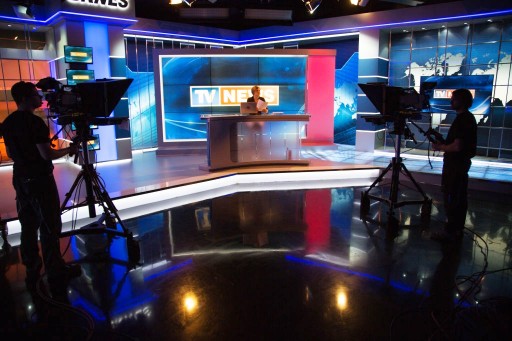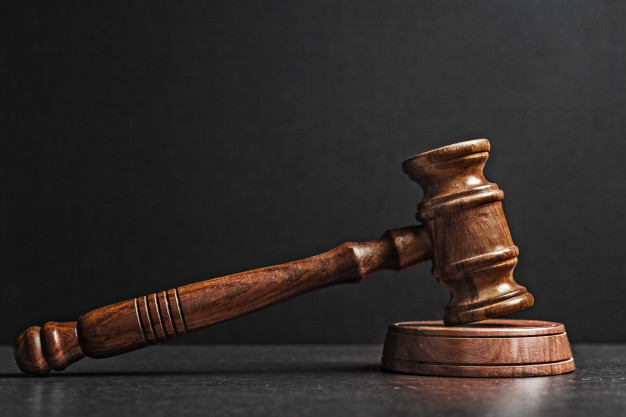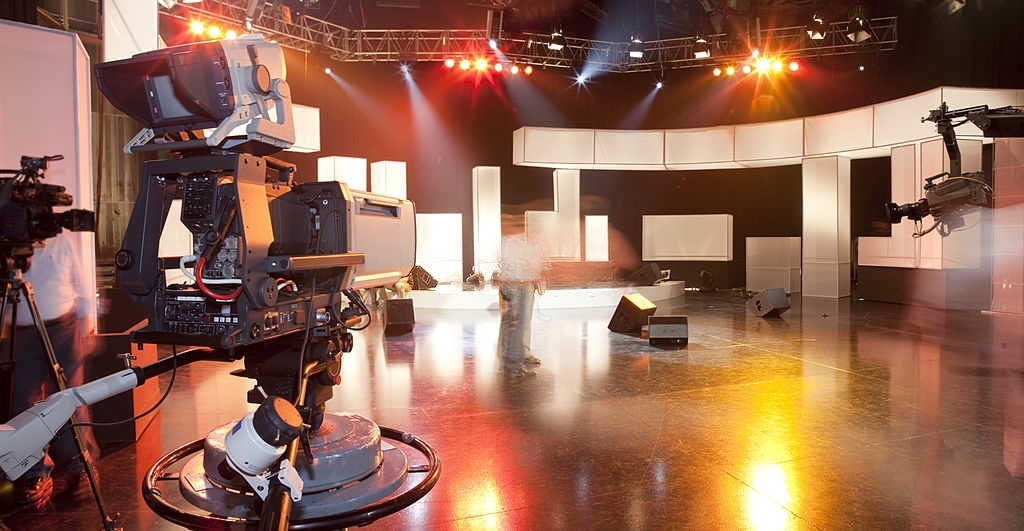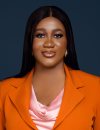Analysing The Validity Of The Amended Broadcasting Code: A Statutory Perspective
Posted on Mon 17 Aug 2020
- Download Resource
INTRODUCTION
On August 4, 2020, the Minister of Information and Culture, Alhaji Lai Mohammed launched the amended Nigeria Broadcasting Code (the “Amended Code”) which purported to amend the existing 6th Edition of the Nigeria Broadcasting Code (the “NBC Code”). The new provisions of the Amended Code have been the subject of active debate since January 2020[1], because of their far-reaching implications for broadcasters, advertisers, investors and operators in the media and entertainment industry, and everyday Nigerians.
In particular, the Amended Code incorporates anti-trust provisions and prohibits exclusive agreements for sporting and other broadcasting rights, amongst others. Also noteworthy is the increase of the fine on hate speech in the Code from N500,000 (Five Hundred Thousand Naira) to N5,000,000 (Five Million Naira). Several opinions have been aired about the propriety of the new provisions in substance - in relation to the powers of the National Broadcasting Commission (the “NBC” or the “Commission”) to regulate broadcasting and the intersection of these powers with established regimes for copyright, contract, competition/ anti-trust and free speech under the Constitution.
At a news conference on August 13, 2020, the Chairman of the NBC, Ikra Bilbis rejected the Amendment to the Code, alleging that it is not a product of the NBC Board[2]. A new question therefore arises as to whether the NBC properly exercised its powers in amending the Code. Where this question is answered in the negative, the current debate on the propriety or impropriety of its provisions would be moot.

POWERS OF THE NBC
Under Section 2 of the National Broadcasting Commission Act, Cap. N11, Laws of the Federation of Nigeria 2004 (the “Act”), the NBC has the power to, amongst others:
(d) regulate and control the broadcasting industry;
(h) establish and disseminate a national broadcasting code and setting standards with regard to the contents and quality of materials for broadcast; and
(r) ensure strict adherence to the national laws, rules and regulations relating to the participation of foreign capital in relation to local capital in broadcasting.
It is pursuant to these powers that the NBC Code was issued, and the Amended Code was published by the Director-General of the NBC and amplified by the Minister for Information and Culture.
HOW THE NBC EXERCISES ITS POWERS

Section 1 of the Act establishes the NBC as a body corporate with perpetual succession. Pursuant to Section 3 of the Act, the Commission is composed of 12 persons - the Chairman, the Director-General of the NBC and 10 other members that represent the listed agencies and professions.
The Director-General is only one member of the Commission. Though appointed by the President, he is also a member of staff of the Commission. He is the chief executive, and responsible for the execution of the policies of the Commission and its day-to-day administration, per Section 5(4) of the Act.
From a combined reading of Sections 1, 3 and 5 of the Act, it is clear that the DG is not empowered to lead policymaking for the Commission. Rather, he is meant to participate in that process with other members of the Commission and ensure the execution of the policies passed by the members, who under the Act constitute the Commission.
VALIDITY OF THE AMENDMENTS TO THE NBC CODE
We understand that the members of the Commission as defined under Section 3 of the NBC Act are referred to today as the NBC Board. Consequently, in the light of the recent report that the NBC Board rejects the amendments to the NBC Code, it would appear that the amendment is not an act of the NBC Board/ the Commission.
Seeing the active role played by the Honourable Minister of Information and Culture in the launch of the Amended Code, the question then arises whether the Minister can override the Commission/Board on this matter.
Section 6 of the Act stipulates the Minister’s powers regarding the performance by the Commission of its responsibilities and functions. It provides that:
Subject to the provisions of this Act, the Minister may give the Commission directives of a general character relating generally to particular matters with regard to the exercise by the Commission of its functions under this Act and it shall be the duty of the Commission to comply with such directives.
Indeed, the Act is clear that the Commission has a duty to comply with directives from the Minister. However, such directives should be of a general character relating generally to particular matters with regard to the exercise by the Commission of its functions under the Act. Does this mean, in practical terms, that the Minister can direct the NBC Board to incorporate the current amendments into the NBC Code as a “directive of a general character relating generally to particular matters”?
While the assistance of the Court may be required to answer this question, it is our humble submission that it is clear that the only authority empowered to issue the NBC Code and therefore amend it, is the NBC Board, and not the Minister or the President. So, any amendment must be approved by the NBC Board in accordance with the First Schedule of the Act.
CONCLUSION
In the publication of the first set of amendments to the NBC Code on March 26, 2020, it was stated that the amendment was published following recommendations of the Committee for the Reform of the NBC and consequent approval of His Excellency, President Muhammadu Buhari.
In conclusion, we reiterate that only the NBC Board is empowered by the Act to issue the NBC Code and regulate broadcasting under the Act, without additional validation. The Director-General of the Commission cannot unilaterally amend the NBC Code. Neither can the Honourable Minister for Information and Culture, nor even President Buhari.
To the extent that the Amended Code was not issued by the NBC Board under its statutory authority, it is, therefore, void.
DISCLAIMER: This article is intended to provide a general guide to the subject matter and does not by itself constitute a legal advice to readers. Specialist advice should be sought about readers’ specific circumstances.
For enquiry, please contact our Intellectual Property and Technology Practice Group at ipgroup@banwo-ighodalo.com
[1] Nigerian Government Bans Exclusive Sports Broadcasting Rights, January 14, 2020, Nextv Africa News
https://nextvafrica.com/nigerian-govt-bans-exclusive-sports-broadcasting-rights/
[2] NBC Board Disagrees With Lai Mohammed, Rejects Amended NBC Code (Full Statement), August 13, 2020 https://www.channelstv.com/2020/08/13/nbc-board-disagrees-with-lai-mohammed-rejects-amended-nbc-code/
More Resources
-
Mon 9 Oct 2023
Nigerian Chapter of The ICLG: Private Equity 2023
-
Mon 14 Aug 2023
Nigeria Chapter Of The 11th Edition Of The Aviation Law Review









